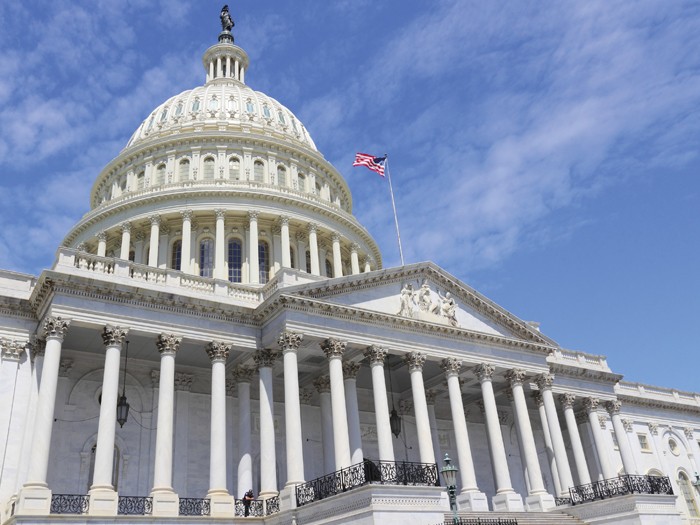Brokers
Brokers Cheer NARAB Passage

The law streamlines the national licensing process for brokers, but it may take two years to be operational.
After many years of intense lobbying, insurance agents and brokers finally have a national licensing clearinghouse.
Legislation signed into law by President Obama on Jan. 12 as part of the extension of the Terrorism Risk Insurance Act (TRIA) established the National Association of Registered Agents and Brokers (NARAB II) to make it easier for brokers to sell insurance on a nationwide basis.
NARAB II, commonly known as NARAB, was established as a permanent organization.
“This board will have to meet and develop the bylaws for exactly how NARAB is going to work. So we anticipate that NARAB probably won’t go live for about two years.” — John Prible, vice president of federal government affairs, Independent Insurance Agents & Brokers of America
Proponents of NARAB, a nonprofit membership organization to be governed by state insurance commissioners and insurance market representatives, say the group will preserve the best of the state regulatory system while adding a more effective licensing system.
“NARAB means a much more efficient and streamlined licensing process for agents and brokers operating in multiple states,” said Brady Kelley, executive director of the National Association of Professional Surplus Lines Offices (NAPSLO).
Keri Kish, NAPSLO’s director of government relations, added that currently its members, or any broker or agent, has to be licensed in their home state, but if they do business in other states they have to obtain a separate license in each of those states as well.
“With NARAB, what they’ll be able to do is get their license in their home state and then apply to NARAB,” said Kish. “If they’re approved for NARAB membership, then they would be able to operate on a national basis.”
Kish said it would be “a huge reduction in the amount of time and ease of being able to operate on a national basis and not having to administer 50 separate licenses.”
“There will still be stringent requirements to become a NARAB member,” Kelley added. “But once those requirements are met, it’s just a much more simple online, one-stop shop to get licensed nationally.”
John Prible, Washington, D.C.-based vice president of federal government affairs for the Independent Insurance Agents & Brokers of America (IIABA), said NARAB will help companies by increasing their distribution force across the country and it will help consumers by increasing competition.
He stressed that NARAB will not be up and running overnight.
“The president is going to have to appoint a board of directors,” Prible said.
“This board will have to meet and develop the bylaws for exactly how NARAB is going to work. So we anticipate that NARAB probably won’t go live for about two years,” he said. “We want to make sure we get it right.”









